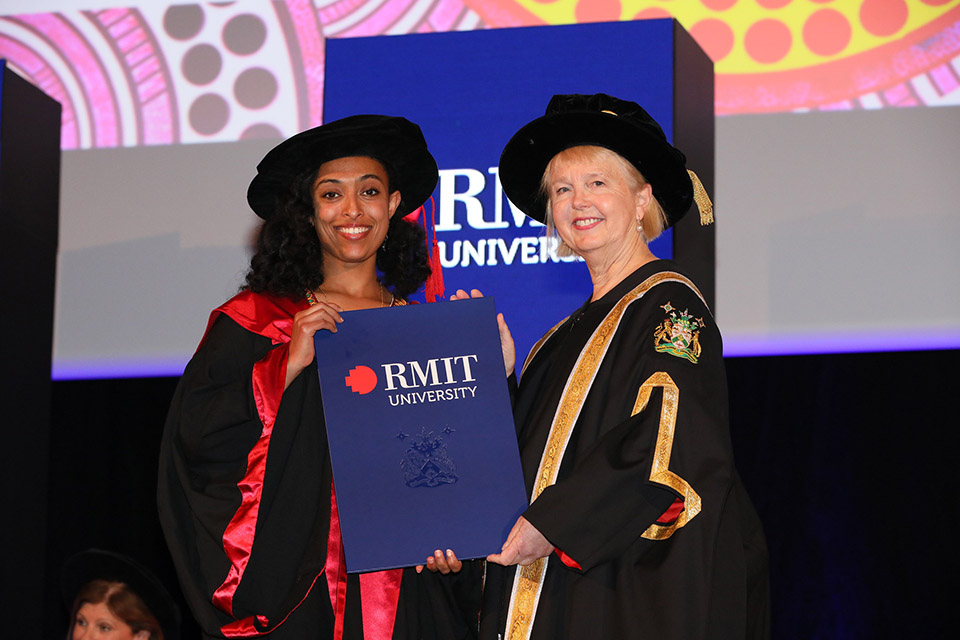His research, titled “Cheerful Young Phonies”: Humour and Hegemony in Glam Metal Music, examines how bands used humour to appeal to their predominantly adolescent fans and to gently mock themselves and others.
Alexander states, “The sheer number of textual examples, and their lasting influence on popular culture, is what initially drew me to the subject of glam metal.”
Alexander’s work aims to uncover the significant role humour plays in reinforcing or challenging societal power structures.
“Humour can be used both to maintain and challenge the hegemonic status quo,” he said.
His thesis provides examples of bands, filmmakers, and critics engaging in this dual process.
He hopes his findings will inspire further research into how humour shapes attitudes beyond simply being amusing.
His journey was not without challenges and balancing research with personal commitment proved demanding.
It was challenging at times to maintain regular progress on my research while balancing it with other work and family commitments.
The support from his friends and supervisory team was crucial, crediting them for their invaluable guidance throughout his PhD process.
Alexander coined the term “irony shield” to describe how musicians use humour to deflect criticism.
“The shield is strengthened over time as a person or group becomes known for their apparent non-seriousness,” he said.
This concept highlights how humour can both uphold and disrupt power dynamics within metal communities.
Alexander points out that glam metal bands often encouraged young fans to question authority, as seen in the comedic music videos that gained popularity on MTV in the 1980s.
Reflecting on his time at RMIT, Alexander recounts the invaluable mentorship from Associate Professors Catherine Strong and Shelley Brunt, describing it as pivotal to his success.
As he looks towards the future, Alexander hopes to continue his research and teaching.
His advice for future students to be open minded with whatever they are researching.
“Approach whatever it is that you are researching with an open mind... Do not write something off because it initially appears to lack depth – it might surprise you.”








